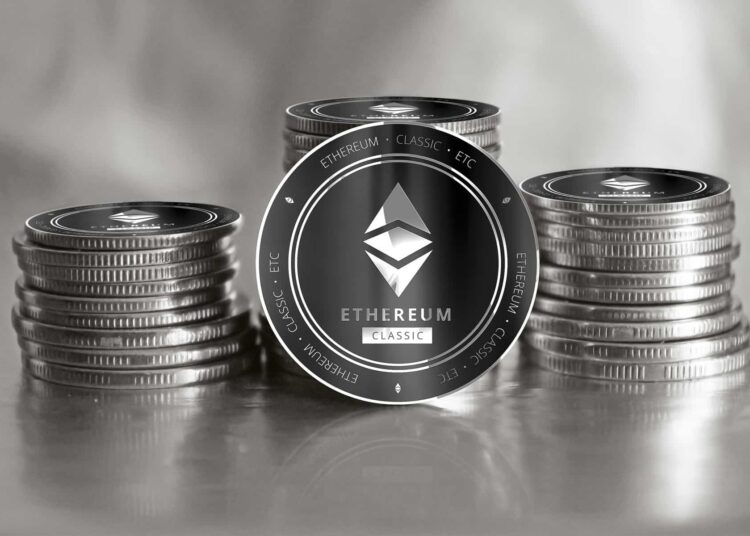- Ethereum’s Layer 2 scaling solutions could hit a $1 trillion market cap in six years, tackling Ethereum’s data processing limits.
- While L2 networks promise big revenues and better user experience, intense competition might dampen long-term token values
According to analysts at Van Eck, Ethereum’s Layer 2 (L2) scaling solutions are projected to hit a remarkable $1 trillion market cap within the next six years. This prediction stems from the pressing need to address Ethereum’s limitations in processing capacity, data storage, and computation. While acknowledging the potential for substantial revenue generation on L2 networks compared to the base Ethereum network, analysts express cautiousness regarding the long-term value of L2-related tokens due to intense competition among numerous projects.
Emergence of Layer 2 Blockchains to Address Ethereum’s Primary Challenge
Layer 2 blockchains are well-positioned to benefit from Ethereum’s main limitation, which is its limited ability to process, store, and compute data. While Ethereum struggles with scalability, L2 solutions present a viable way to overcome these limitations. The analysts emphasize the pivotal role of Layer 2 networks in enhancing Ethereum’s transaction throughput and user experience, thereby unlocking substantial revenue potential surpassing that of the base Ethereum network. It is worth noting that the top seven Ethereum L2 tokens currently boast a fully diluted valuation of $40 billion, with projections indicating a potential increase to $100 billion fueled by the launch of numerous strong projects over the next 18 months
VanEck’s analysis emphasizes the critical role of Layer-2 technologies in addressing Ethereum’s scalability challenges, particularly Optimistic Roll-Ups and Zero-Knowledge Roll-Ups. These solutions aim to enhance the blockchain’s capacity for transaction processing without compromising its fundamental principles of security and decentralization. Notably, the report highlights the EIP-4844 upgrade’s introduction of “Blob Space,” which significantly reduces data posting costs, benefiting Layer-2 operations financially.
Competition and Future Landscape of Layer 2 Networks
Despite the positive market forecast, Van Eck’s analysts are skeptical about the long-term worth of L2-related tokens, citing intense competition among numerous projects. They see a market for general-purpose L2 dominated by a few L2 networks with many use case-specific networks. This explosion of networks, divided into subnetworks based on industry, use case, or purpose, highlights the wide range of Layer 2 solutions that have the potential to completely transform the Ethereum ecosystem.
The report predicts that by 2030, Layer-2 protocols will capture a significant portion of transaction value and Total Value Locked (TVL) within the Ethereum ecosystem. This growth trajectory is partly attributed to the potential of Maximal Extractable Value (MEV) to augment Layer-2 revenues. VanEck’s analysis suggests a future where Layer-2 platforms may offer competitive advantages over Ethereum in specific market segments.
Layer 2 development is undergoing a major shift, with a clear movement toward zero-knowledge frameworks (ZKUs). The benefits of ZKUs, such as improved efficiency, scalability, and privacy, led to this strategic shift. The industry’s move toward a wider acceptance of zero-knowledge frameworks emphasizes how Layer 2 solutions are evolving quickly to meet Ethereum’s scaling issues.
Expanding Use Cases
Although acknowledging the speculative nature of the cryptocurrency market, VanEck’s analysis paints a picture of Ethereum Layer-2 protocols developing from cutting-edge technology to essential parts of the global blockchain ecosystem. The report anticipates the emergence of numerous use-case-specific Layer-2 roll-ups, signaling a broader application of blockchain technology beyond finance to sectors such as gaming, social media, and infrastructure.
Credit: Source link












































